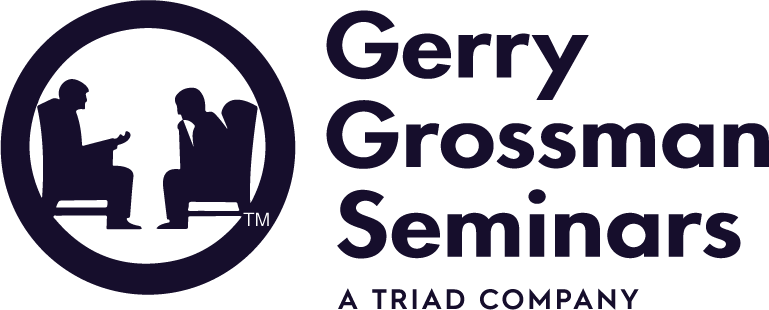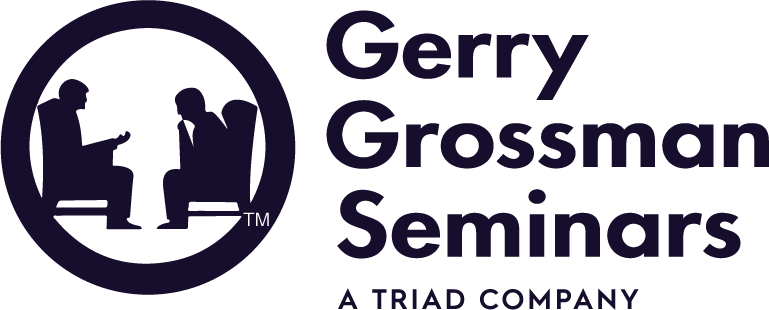
Kristie Overstreet Ph.D., LPCC, LMHC, LPC, CST
Navigating the field of mental health careers can be difficult. From different areas of study, therapeutic approaches, and specialty designations, there are many options on the clinical buffet.
It can feel overwhelming starting in the clinical field. Don’t chase every shiny new clinical path that surfaces until you fully understand the difference between certification and licensure.
Certifications 101
Certifications are training programs or education that provides designations for a specific area of study. Typically certifications do not require particular coursework or education requirements. Certification tracks can be short trainings or can take years to complete depending on the program. These programs often require a test to demonstrate competency and knowledge of the area of focus.
Many clinicians begin certification programs while they are registered interns. They have found a specialty or interest area, so they don’t wait until after they are licensed to start the process. Other clinicians wait until after their licensure process to find an area of specialty to become certified in.
There are many certifications available for clinicians regardless if they are on the marriage & family, social work, or mental health counseling track. Here are a few examples of certification programs:
- Certified Addiction Professionals (CAP)
- EMDR Certified
- Rapid Resolution Therapy (RRT)
- Certified Sex Therapist (CST)
- Certified Emotionally Focused Therapist
Licensure 101
The clinical licensure process is a set of standards or requirements that outline what is required to practice as a marriage & family therapist, social worker, mental health counselor, or professional counselor. Currently, there isn’t reciprocity of licenses between states. This means that every state has a different set of requirements for licensure.
Most states have a licensing board that oversees marriage & family therapy, social work, and mental health counseling. The state licensing boards have different requirements for each field of study. There may be differences in the type of coursework or supervised hours.
Licensure is a longer and more difficult process than a certification. If you want to practice counseling or psychotherapy, you will need to get licensed in the state you want to work in. When you are starting the licensure process, you will become a registered intern. Once you have completed all of the requirements, you will move from a registered intern to a licensed clinician.
There are many clinical licensures, which differ by states:
- Licensed Marriage & Family Therapist
- Licensed Clinical Social Worker
- Licensed Professional Clinical Counselor
- Licensed Mental Health Counselor
- Licensed Professional Counselor
- Licensed Psychologist
Which should you obtain?
Stay focused and put all of your energy into obtaining your license in the state you want to practice in. This will allow you to work in organizations and practices that bill for services. Insurance companies require that clinicians that charge for their services be licensed or interns who are supervised by someone who is licensed.
Think of certifications as add-ons and supplements to your clinical foundation. If you do have an interest in specializing in a clinical area be sure to talk with others who are working in the area. Ask them how they went about specializing and what training programs they attended. As you gather information on your area of specialty, don’t neglect your primary focus, which needs to be the requirements for you to become a licensed clinician.



